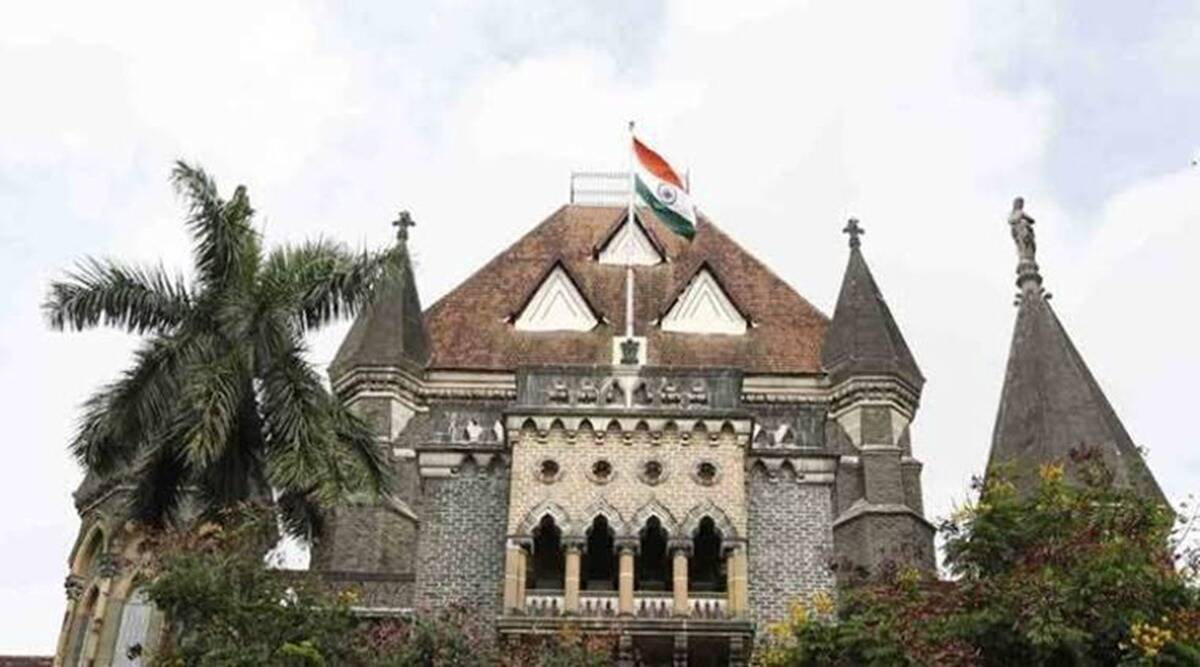 A vacation bench of Justices Suresh C Gupte and Abhay Ahuja passed the order.
A vacation bench of Justices Suresh C Gupte and Abhay Ahuja passed the order. The Bombay High Court on Friday allowed Jain Temple Trusts in Mumbai, Pune and Nashik to deliver the pious food to devotees for Ayambil Oli Tap, a nine-day fasting festival observed by the community beginning on April 19.
However, the Court stressed that the deliveries should be made by teams that do not exceed 7 people or by professional distribution agencies while adhering to the standard operating procedures (SOPs) issued by the state government on April 13.
“It is made clear that under no circumstance shall devotees be allowed to enter the temple premises for taking away pious food allowed by this order,” the Court noted.
It added that the Trusts shall communicate names and particulars of the delivery agents or volunteers to the jurisdictional police station or concerned authorities under the Disaster Management Act responsible for monitoring SOPs.
A vacation bench of Justices Suresh C Gupte and Abhay Ahuja gave the judgment after hearing the plea filed by Shree Trust Atman Kamal Labdhisurishwarji Jain Gyanmandir Trust and Sheth Motisha Religious and Charitable Trust seeking permission for delivery of pious food in specific slots and batches.
Stating that the community’s request was “reasonable”, the Court on Thursday had asked the petitioner and the state government to find a “workable solution”. It suggested that the community volunteers can deliver the food rather than having devotees thronging temples as new Covid-19 restrictions have been imposed. The Court had asked the state government to respond to the pleas.
Additional Government Pleader Jyoti Chavan said the state would not permit take away of the food as gatherings should be avoided, but home delivery through volunteers as per SOPs can be considered.
AGP Chavan, however, said that it should not be considered as a bias by the state towards one community as question of entry to temples for devotees does not arise in the present case.
She referred to a decision of another HC bench wherein it refused permission to Jumma Masjid of Bombay Trust that had sought that 50 devotees be allowed at the mosque to offer prayers during Ramazan.
The Court noted that as the state government’s present SOP does not permit in-room dining, the petitioners should amend their plea for opening of dining halls in temple premises. The HC further said that the state government or local authorities should allow the Trusts to make use of their kitchens in their temple premises for preparation of special food in compliance with the SOPs.
AGP Chavan submitted that the state government has no objection to the delivery system to be operated by the Trusts as proposed by the HC, subject to the number of delivery agents being restricted by the acceptable number.
She also submitted that while the Covid-19 situation in Maharashtra is of “concern” due to a surge in the number of cases along with shortage of vaccines, oxygen and remdesivir, the petitioners should not seek relief for entering the temple premises or devotees thronging to collect food. “People from all religions should respect that we are fighting for humanity. All religions teach us that,” Chavan argued.
“Considering that the state government has permitted restaurants and other food joints to cater to the public through home delivery services, it would be clearly in the interest of justice to allow these Jain charities to deliver food,” the bench noted.
- The Indian Express website has been rated GREEN for its credibility and trustworthiness by Newsguard, a global service that rates news sources for their journalistic standards.

